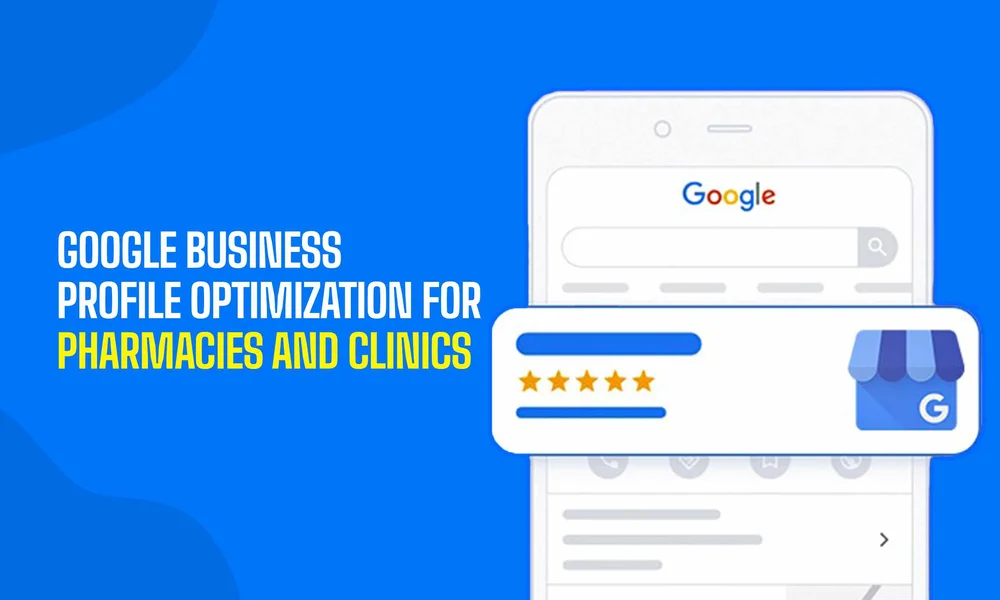Is SEO really dead? It’s a question that’s been humming around digital marketing circles for years, sparking heated discussions and causing sleepless nights for marketers worldwide. With the ever-evolving landscape of search engines and the rise of AI-powered content creation, it’s no wonder some are ready to write SEO’s obituary.

But hold on! Before you give up and toss your keyword research overboard, let’s take a closer look at the state of SEO in 2025. Is it truly a relic of the past, or is it simply evolving into something new and even more powerful? In this blog post, we’ll dive deep into the world of search engine optimization, exploring its current challenges, prospects, and how you can breathe new life into your SEO strategy.
Join us as we unravel the mystery behind SEO’s alleged demise, examine the organic outlook for 2025, and discover how you can stay ahead of the curve in this rapidly changing digital landscape. Get ready for your SEO and boost your online presence to new heights!
The Changing SEO Environment
SEO is far from dead; it’s changing at a rapid pace. As search engines become more sophisticated, SEO strategies must adapt to keep up with these changes. Here’s a breakdown of why SEO remains crucial:
- Increased importance of user experience.
- Rise of voice search and mobile-first indexing.
- Integration of AI and machine learning in search algorithms.
The Ongoing Relevance of SEO
SEO continues to be an important component of digital marketing for several reasons:
- Drives organic traffic.
- Builds brand credibility.
- Improves user experience.
- Provides valuable insights into customer behavior.
As search engines refine their algorithms, SEO practices must change to meet new standards.This change doesn’t signal the death of SEO, but rather its transformation into a more full approach to online visibility and user satisfaction.

Conclusion
By implementing targeted SEO strategies, CrazyGraph helped Primus Education achieve sustainable organic traffic growth and better engagement.





